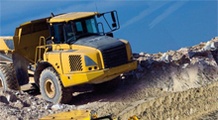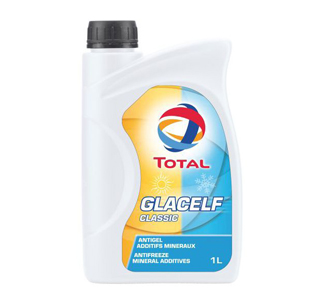Choosing the Right Coolant for your Machinery
2018 has seen temperatures soar and although we may be overheating, it is extremely important that our vehicles don’t. This is where choosing the right coolant comes into play. As with the other fluids that are found in heavy duty vehicles (HDV), coolant plays a big role in how your vehicle runs and should be monitored consistently.
New engines are running hotter than before with 70% of energy created turning into heat, applying more pressure on their cooling systems. Coolants help the engine run better by carrying the excess heat away from the block, preventing the engine from overheating. For HDV’s, cooling systems have different requirements meaning different coolants are needed. If the coolant breaks down this can cause leaks in the engine, potentially causing catastrophic damage. Therefore understanding what coolant to use is essential.
Coolant Stages
Coolant is made up of 3 components; Water, MEG/MPG and an Inhibitor Package.
Water is used in coolants as an inexpensive heat transfer fluid, however, the water in today’s coolants is demineralized water to reduce any impact that minerals in ordinary water could cause to the cooling system.
MEG/MPG are added to coolant depending on the operating climates of the engines. These are the base fluids to the coolant and the type used is influenced by a number of factors including risk of corrosion, toxicity, freezing point etc. With our climate, coolants need to be able to resist the cold in winter while resisting boiling or vaporising in the hot summer weather. The type of MEG or MPG also depends on the inhibitor package added to the coolant.
Inhibitor Packages are added to coolants depending on the type of coolant being manufactured and are added to counteract the risk of corrosion by the water to the cooling system parts. This small component of coolant has the biggest effect as coolants with different packages cannot be mixed as it is these packages that meet the requirements set out by manufacturers. There are two types of packages being used today; Mineral inhibitor technology (Traditional) and Organic Additive Technology (OAT).
Choosing the Right Coolant
There are a number of influences that determine the coolant required for a specific HDV. These are:
- Exchange Heat Efficiency
- Protection required against corrosion & cavitation
- Meeting the manufacturer’s requirement specifications for the particular engine.
- Boiling Point
- Freezing Point
Why choose Total Coolants?
Total’s Coolelf and Glacelf are premium coolants with approvals from the leading OEMs in the industry. Designed around OAT inhibitors, Total Coolants provide a solution for issues that arise from the complexity and technological advances within modern vehicles. Low additive depletion rate guarantees longer coolant operational life and complete coolant system protection under all conditions. This longer life allows for extended drain intervals with reduced maintenance downtime, less coolant replacement costs and less possibility of harming the environment.
Contact our expert team today for any technical advice at 01-4555 484 or go to www.finol.ie to view the full range.

